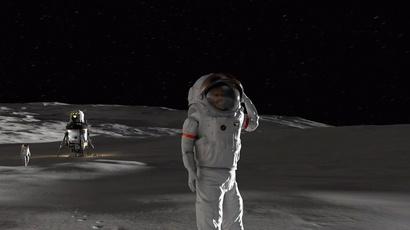Watch Clip

Five Facts About the Red Planet
1m 3s
What's so marvelous about Mars? Here are five facts about the Red Planet.





























